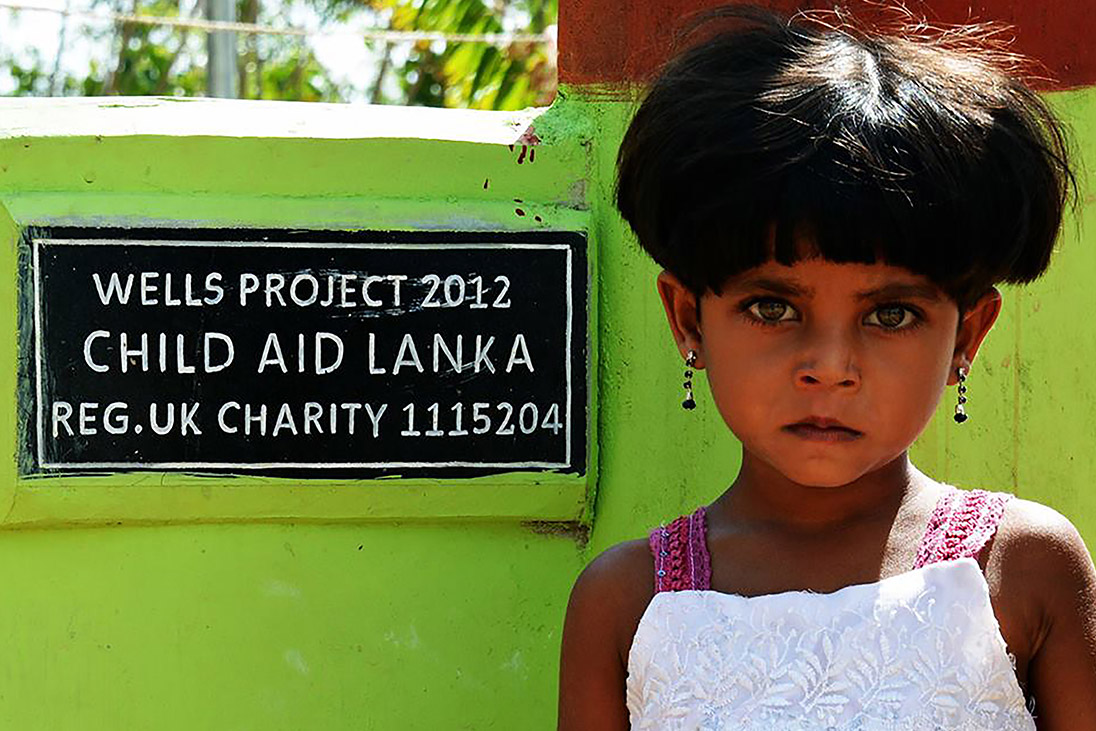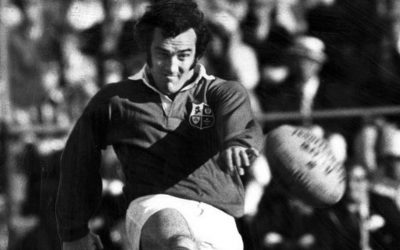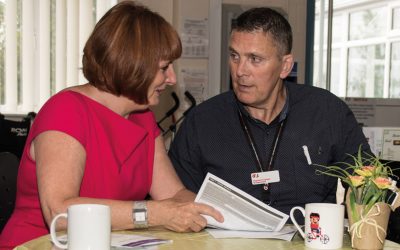The decision made by a small charity working to relieve poverty in Sri Lanka to take a stand at the 2016 Rotary in Great Britain and Ireland conference in Bournemouth has resulted in a massive financial boost to its work in the north of the island.
Child Aid Lanka (CAL) is an association of expatriate Sri Lankans living in the UK and based in Cheam, Surrey.
They work to improve the lot of deprived children in Sri Lanka by ensuring they receive a proper education.
Ironically, the Bournemouth conference coincided with the appointment of Ravi Ravindran, a member of Rotary Colombo, as President of Rotary International, who would be attending the Dorset event as part of his official duties.
“Rotarian Tom Drake, of Water Aid UK, suggested that we take a stand because of the link”, recalled CAL Trustee, Sean McQuaid.
“We felt we had a good, sustainable charity, aligned to Rotary’s aims, and we were looking for kindred spirits. It was all about awareness raising.”
The outcome was, in Sean’s words, “a wonderful reaction” which exceeded all expectations and which, a couple of years down the line, resulted in a global grant and a huge boost to the tiny charity’s efforts.
Among the conference attendees was Alistair Marquis, a member of Whitburn Rotary Club in Southern Scotland, who also happens to be a World Bank Education Consultant involved in helping to update the Sri Lankan school system.
He was well placed to see that CAL’s projects to build wells to provide local sources of fresh, clean water in the Kilinochchi district of North West Sri Lanka, was linked to the work in which he was engaged.
These wells would, after all, free children from the drudgery of walking long distances to fetch water each day, so allowing them to attend classes.
Water is a most basic necessity, and many villagers who lost crops during long and repeated droughts will benefit from this project.”
Many of the villagers in Kilinochchi are also survivors of the 30 year civil war, featuring many who have been displaced or are war widows struggling to re-establish livelihoods.
Water is a most basic necessity, and many villagers who lost crops during long and repeated droughts will benefit from this project.
The assistance of his club and others, when linked to the financial clout of The Rotary Foundation, would enable the relatively small number of wells that CAL had already completed to be hugely increased.
“The surface water sources out there are toxic,” pointed out Alistair. “So proper hydrological surveys were vital.”
Fortunately, contacts within Rotary Colombo, who acted as financial controllers at the Sri Lankan end of the operation, led to a recently completed university study which saved a year towards the completion of the project.
The wells, constructed through a programme entitled ‘Well Done’, are eight to ten feet in diameter and have to go down about 30 feet to reach the water table.
They are constructed of locally-made concrete blocks by a construction company which has already built more than 16 wells for CAL, each with a 25-year life span.
Spending the money locally, through the Rotary members in Colombo, ensured that there was a further economic gain for the community. The water is raised in a simple and sustainable way via a bucket, pulley and rope.
Each well costs around $1,000 (£770) and 50 wells are planned.


The global grant totals £42,250 and will provide 50 clean water wells in Sri Lanka
Five wells have been completed and a further 35 wells are planned for completion within the next six months.
One final hurdle was that, unlike in Africa, the land in Sri Lanka is not communal, but instead it is established in small, privately owned plots. As a result, the owner of the land had to sign a contract allowing his neighbours access to the well to draw water for drinking.
The $55,000 (£42,250) grant took about 18 months to obtain, despite having the Rotary contacts in place and the principle being established.
The money came from the Whitburn and Livingston clubs in Scotland, as well as Rotary Tywyn in Wales, topped up by district grants, plus £14,500 from the charity itself to scale up the total.
“The trustees did our homework before taking that step, but all the information we got indicated that we could trust Rotary with our money,” explained Sean McQuaid.
The charity’s trustees share much of the Rotary ethos, taking no expenses and going to Sri Lanka on holiday to enable them to keep an eye on the progress of projects.
When the work is complete it is hoped to move on to a further phase named ‘Well Done Too’, again based on the Rotary emphases on water, sanitation and education.
“Most Rotarians who have raised money for this work will never see and never know those who benefit,” added Alistair Marquis.
Truly an excellent example of the power of the Rotary effect.
Read about five more amazing projects supported by The Rotary Foundation.


























































